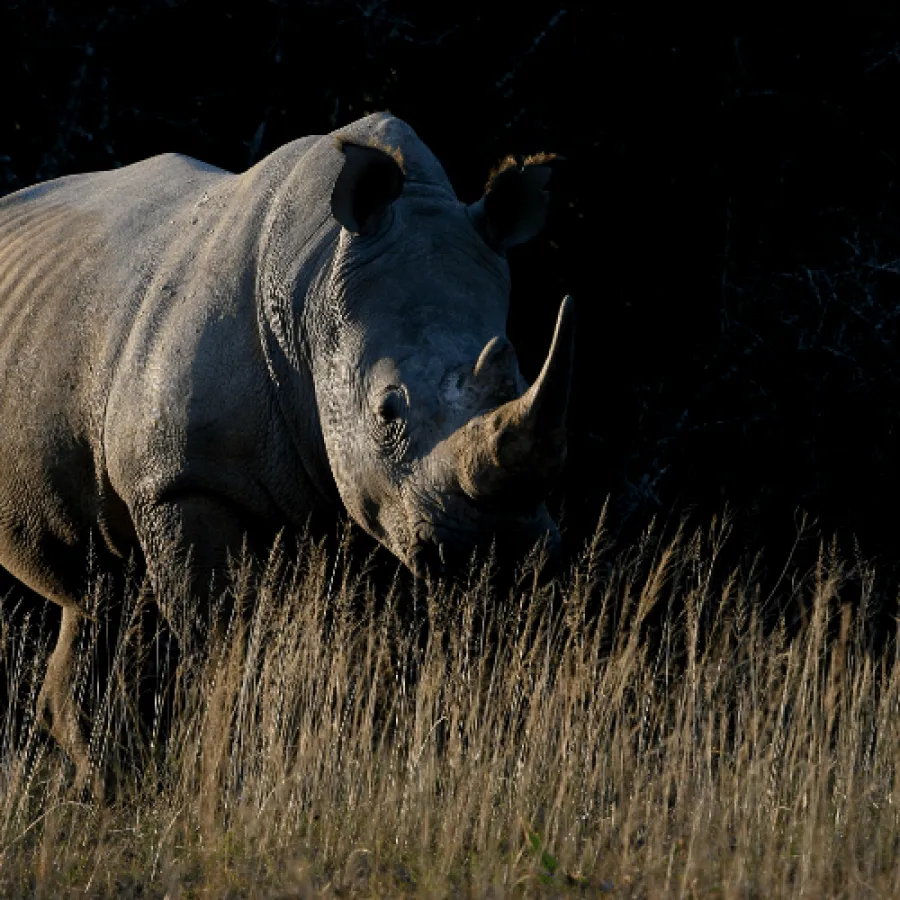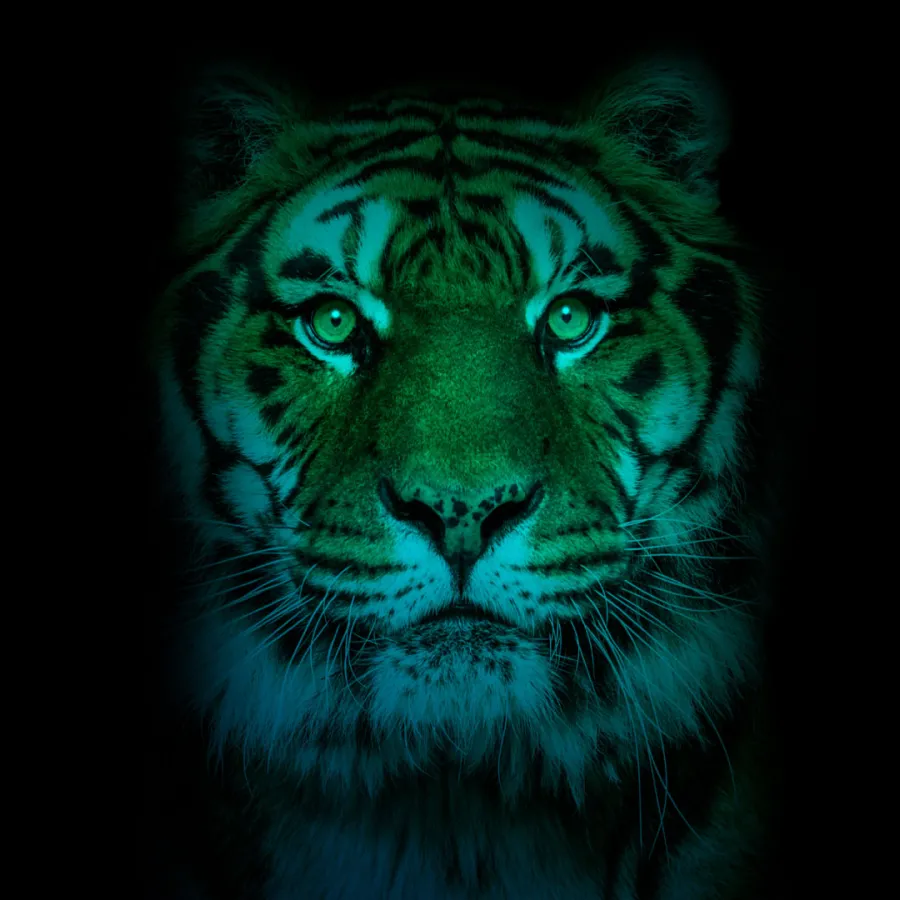Blogs
Standing behind the rhinos through charity and technology

With over 25% of the world's population currently in lockdown to prevent the spread of the COVID-19 virus, wildlife, and nature have been given an opportunity to thrive and enjoy greater freedom. Reports of goats wandering around towns in Wales and a puma making its way into Santiago, Chile do seem unusual, out of sight the story is very different.
The COVID crisis has significantly impacted many of us and tourism has suffered greatly. Almost overnight tourism stopped, causing nature and game reserves to close, and in many instances critical staff members on security and anti-poaching teams lost their jobs, leaving critically endangered wildlife at serious risk of extinction.
While this takes place, Nuix remains focused on tackling these situations, giving increasingly resource-strapped agencies the tools to meet their goal of protecting everything from endangered species to whole human societies.
INTERNATIONAL AND BIOLOGICAL TIES
While currently unproven, there are strong indications that COVID-19 has a strong link to the international wildlife trade. In fact, a wide spectrum of diseases—including Ebola, H5N1 (avian influenza), and Dengue fever—have roots in wild animals. The illegal trading of wild animals makes the impact and scale impossible to track, however.
Environmental crime (which includes wildlife trafficking) is the 4th largest global crime, with illegal wildlife trade alone estimated at up to $23 billion USD per year. These crimes are highly organized and continue to have a major impact on people and wildlife, with thousands of species globally facing extinction and communities being exposed to greater poverty and crime.
The Achilles heel of wildlife crimes is money, and we must follow the money to disrupt the trade to save countless species from extinction, therefore maintaining habitat stability and biodiversity, and thus potentially preventing another serious pandemic like COVID-19. This task is easier said than done, but it's important we act now and the team at Nuix is driven to address it head-on.
Stopping wildlife trafficking requires a coordinated effort across law enforcement, government entities, field teams, and financial institutions on a global scale. With links to human trafficking, the arms trade, and narcotics, illegal wildlife trafficking fuels violence and corruption while forcing local communities into poverty and destroying any hope of a sustainable future. Quite simply, we need to enable diverse teams and backgrounds to collaborate and follow the money together.
We need a network to defeat a network.
CAPTURING AND USING CRITICAL INTELLIGENCE
Conservation and anti-poaching teams capture critical intelligence, which must be delivered directly to law enforcement and financial institutions so they can develop indicators and then start to act proactively. The data that will help us do this exists in many forms. Field tracking devices, drones, cell towers and cell phones, social media, shipping manifests, the dark web, physical banking activity, personal computers, and open-source intelligence all contain critical data and crucial intelligence.
Presenting a single view of this data not only helps us to understand the criminal network, but it allows a range of diverse teams to work together and develop actionable intelligence, following the money and disrupting the criminal business model.
We thrive on challenges like this. Driven by finding truth in a digital world, Nuix is highly motivated to help disrupt even the most organized of criminal activities. As well as enabling the fight and race against extinction with our software, several members of our team have found new and innovative ways to help the communities and projects on the ground across Southern and Eastern Africa.
SAVING THE RHINOS
Many species are at risk, with significant resources and charity efforts focused on saving many of them. In this instance, we are focused on the threat to rhinos.
Why rhinos? They are one of the most trafficked animals in the world and their horn is valued as much as gold on the black market despite it being little more than keratin (the same material as your fingernails). On average, 2-3 rhinos are killed every day, a pace that is driving them towards extinction. Furthermore, rhinos are a keystone species, meaning they are critical in maintaining a stable ecosystem, which as we know requires an incredibly delicate balance.
To help protect the rhinos and strive towards a sustainable future for many, we’re pleased to announce a special charity single and music video called ‘Survivor - Helping Rhinos.’ All the stream and download revenue of this single goes directly to charity, so join us in our mission because on our watch, no animal goes extinct.
You can find the single on Spotify, Amazon, and Apple Music.









